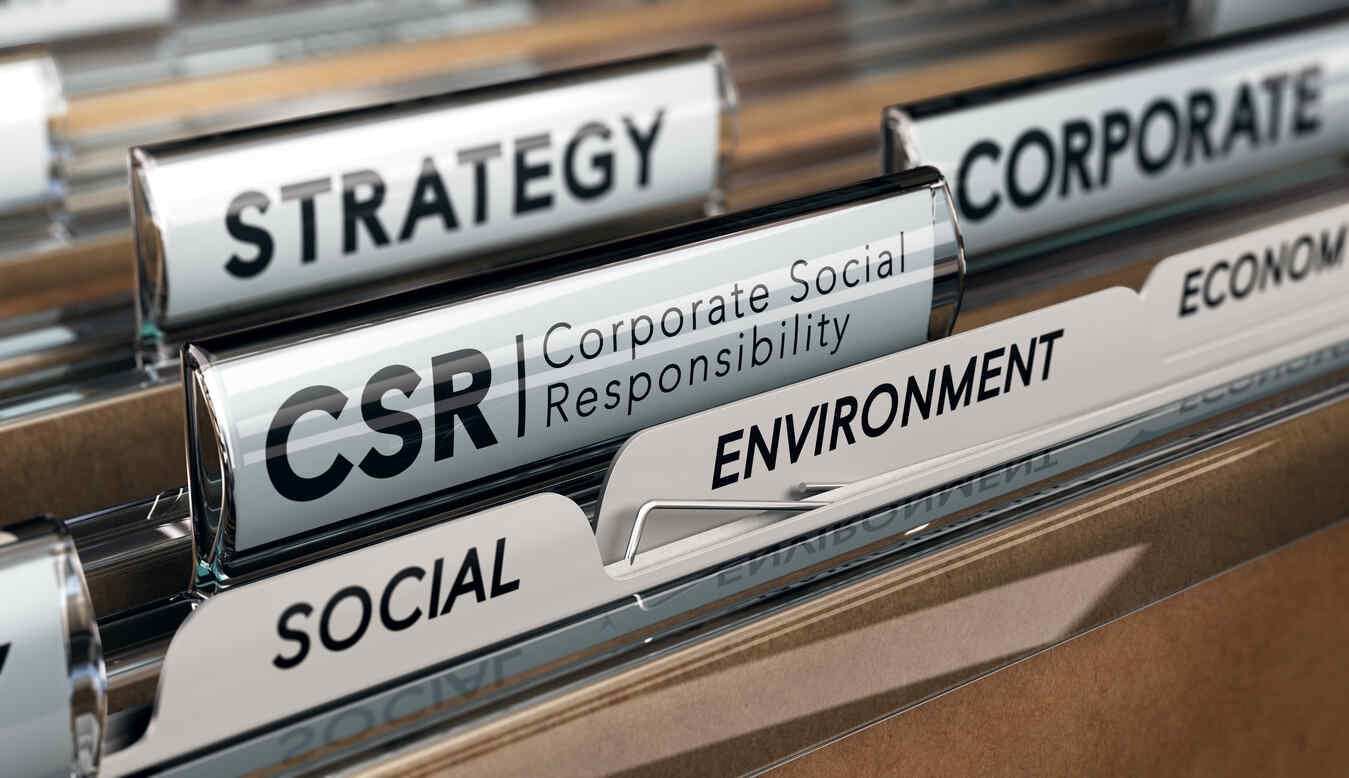Rideshare services, such as Uber and Lyft, have become essential for many people in Georgia, particularly in busy metropolitan areas like Atlanta. While these companies provide convenience, they also create legal complexities when someone is injured during a rideshare trip. Determining who is legally responsible for the harm caused is not always straightforward. The challenge often lies in proving whether the driver, the company, or both are accountable.

Understanding Rideshare Driver Negligence
Driver negligence occurs when the rideshare operator fails to exercise reasonable care. This may involve reckless driving, distracted behavior, or violations of traffic laws. For example, a driver who speeds to complete more trips or texts while driving places passengers and others on the road at serious risk.
Victims must demonstrate that the driver’s negligence directly caused their injuries. Evidence such as police reports, witness statements, and cell phone records can play a crucial role. In many cases, a negligent driver is the most immediate cause of harm, but focusing solely on the individual may overlook the broader role of the rideshare company.
The Role of Corporate Responsibility
Companies like Uber and Lyft often claim that their drivers are independent contractors rather than employees. This classification limits the companies’ direct liability. However, courts have increasingly recognized situations where corporate policies and practices contribute to crashes and injuries.
Examples include inadequate driver screening, failure to remove drivers with repeated safety complaints, or algorithms that encourage unsafe driving behaviors through trip quotas and incentives. In such cases, the rideshare company itself may be held responsible for creating or tolerating hazardous conditions.
Insurance Coverage Complexities
The presence of multiple insurance policies further complicates rideshare injury claims. When the app is off, the driver’s personal insurance typically applies. Once the app is on and the driver is available for rides, limited coverage is triggered. During an active ride, Uber and Lyft maintain significant liability policies.
The challenge is to ensure that the correct policy applies and that coverage is not unfairly denied. Insurance carriers often attempt to shift blame between the driver and the company, leaving injured passengers, pedestrians, or other motorists caught in the middle. Skilled legal representation is crucial for navigating these disputes.
Building a Strong Legal Case
Establishing both driver negligence and potential corporate responsibility requires a thorough investigation.
Our Atlanta personal injury attorneys often collect:
- Electronic records from the rideshare app.
- Driver background checks and safety histories.
- Vehicle inspection and maintenance records.
- Communications between the company and the driver.
- Expert testimony on industry standards and corporate practices.
By showing how both individual and corporate failures contributed to the injury, plaintiffs can strengthen their claim and pursue broader compensation.
Why Experienced Legal Counsel Matters
Rideshare cases in Georgia present unique challenges that differ from other motor vehicle injury claims. The involvement of powerful corporations with significant legal resources makes it crucial to collaborate with attorneys who are skilled at uncovering negligence at every level. Without strong advocacy, victims risk accepting settlements that do not reflect the full scope of their losses.
Contact Ashby Thelen Lowry Today
If you or a loved one was injured in a rideshare incident, you need attorneys who will fight to hold both negligent drivers and corporations accountable. At Ashby Thelen Lowry, we possess the experience and resources to challenge rideshare companies and pursue justice on behalf of our clients. Contact us today at (404) 777-7771 or online to schedule a complimentary consultation and discover how we can assist you.
